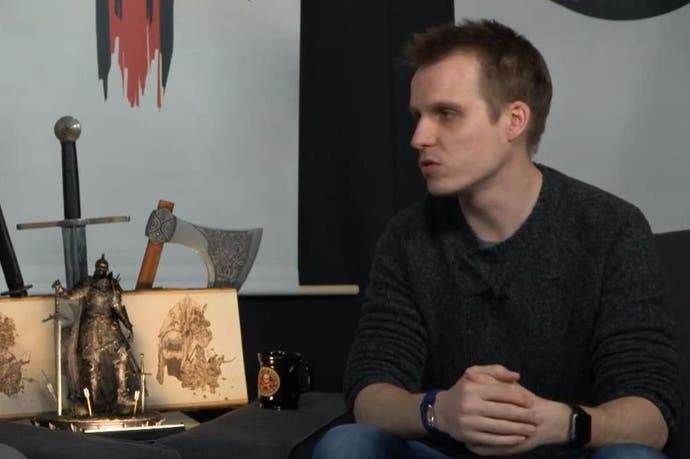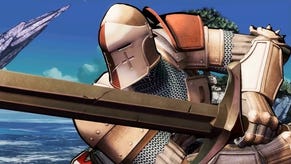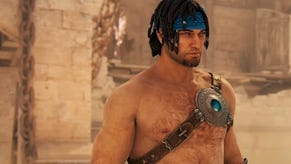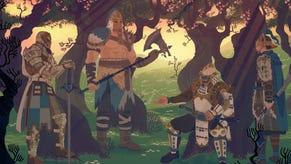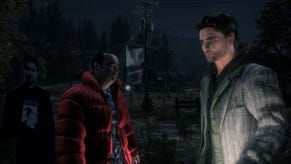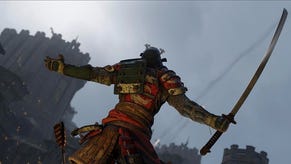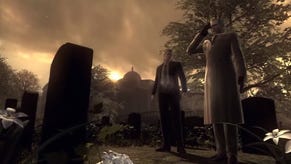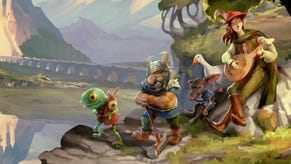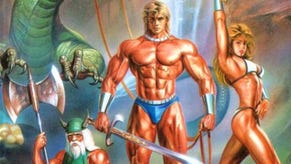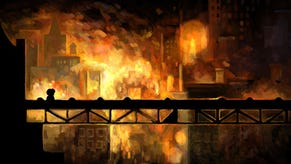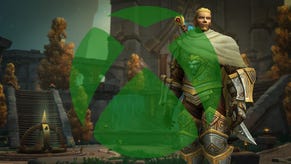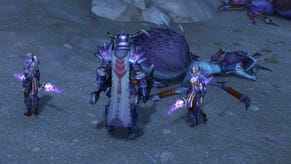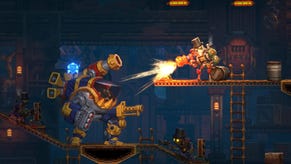Ubisoft defends For Honor's controversial progression system
"We never intended for you to unlock everything in the game."
For Honor's progression system is a hot topic. Last week I reported on new emotes that most players agreed cost too much Steel, the in-game currency you can grind through play or buy with real world cash.
One post in particular came to represent the increasing anger within the For Honor community at the true cost of playing the game. Redditor bystander007 actually worked out how much money For Honor can cost you. If you want to unlock a hero and all its associated aesthetic items (emotes, executions, effects, outfits and ornaments), you need 91,500 Steel.
If you want to do this for all 12 heroes in the game right now, you need a whopping 1,098,000 Steel. That's over seven of the £80 for 150,000 Steel packs on the For Honor store, or just over £585. Ouch.
If you don't want to pay, you need to grind. And here we find For Honor miserly when it comes to dishing out Steel. Completing Orders and Contracts will get you roughly 1000 Steel a pop, with another 200 for the matches you played. This means you have to play for 77 days to grind enough Steel to unlock all the aesthetic items for just one hero. As bystander007 calculated, you'd need 915 days, or two-and-a-half years to get all the unlocks for all the characters.
In a recent Q&A stream, below (skip to the 22 min 50 sec mark), game director Damien Kieken responded to the debate sparked by bystander007's Reddit post, saying the development team never intended for players to unlock all cosmetic items for all the heroes.
"We never had an intention for you to unlock everything in the game," Kieken. "For us that doesn't really make any sense. We applied RPG mechanics on top of a fighting game in a PvP environment. Let's say in World of Warcraft, you would never try to unlock everything for all the characters. Same thing in a MOBA."
Kieken said Ubisoft designed the progression system under the assumption most players would stick with one hero, or up to three. The data shows this has come true, he insisted.
"We forecasted that most players would play one to three characters," he said. "And that's what we see today in our game. Most players focus on one character, one hero, and others go up to two or three heroes. All of the design is based around that."
The idea, Kieken said, is that cosmetic items are endgame content to be unlocked after several weeks of play. In the first weeks of the game, players tend to focus on upgrading their gear or reaching the 108 gear score cap. At this point they start to save up steel to spend on coveted cosmetic items such as mythic outfits.
"For example, my brother text me two weeks ago to say hey, I have 15,000 steel," Kieken said. "I will unlock the mythic outfit. And he's not paying. He's playing normally, like most players do in fact."
Kieken said the negativity around steel is the result of Ubisoft's decision to lock all items behind the in-game currency. "So yes, those items are harder to access," he said, "but at least everything is grindable, which we think is a good idea.
"But then you have calculations that say yes, but I need two-and-a-half years to unlock all the content. Today when we look at the data we see many players unlock things just by playing, and they can unlock the high-end items."
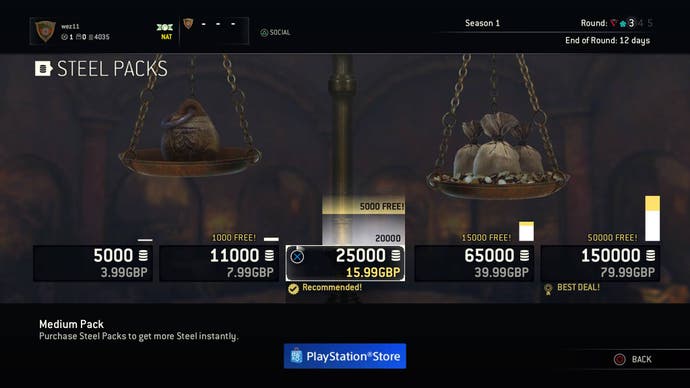
Kieken had some advice for bystander007, creator of the Reddit post that sparked the debate. He suggested completionist focus on their reputation score rather than unlocking all items.
"That's the number you want to go up," he said. "First maybe he would try to get reputation one on all heroes. Maybe then he could try to get all gear maxed for all heroes. That would be better objectives to set himself as a completionist player than trying to unlock all the content for all the heroes, because the game wasn't designed for that.
"We don't expect the player who bought the game to buy everything. We just expect them to buy the item they want right away because they don't want to wait a week to get it. You want to have an outfit, you want to have an ornament, you spend a week playing maybe one or two hours a day, and then you have it. It's like a mid-term objective. I really want that cool ornament they just released. I play a few days then I can have it. For the players who want it right away, they can purchase it."
Kieken ended the discussion on Steel by saying money made by microtransactions go toward running the For Honor live team, which is working on new maps and heroes.
Still, his comments have not gone down well among the For Honor community, which has picked apart his argument.
One of the main complaints revolves around the comparison to MOBAs, which are typically free-to-play. For Honor is not a free-to-play game. It is a full-price game with what many consider to be a free-to-play business model. There's certainly a disconnect there.
And then there's the issue that gear items are obtained in blind loot boxes, or randomly dished out upon match completion. When you end up dismantling much of the gear you find, progression can be frustrating.
But players are particularly upset at the suggestion they play only one or two heroes in a game they've spent full price on.
The For Honor subreddit is packed with threads that call out Ubisoft's defence of the progression system. Here's a snippet:



Kieken did say the For Honor development team is keeping an eye on feedback and may make changes in the future. For me, I hope they up the amount of steel that's dished out for completing Orders and games to make it easier to obtain gear and cosmetic items such as new emotes. For Honor is a superb game, one of my favourites of the year. It's just a shame there's so much disappointing progression stuff layered on top.
